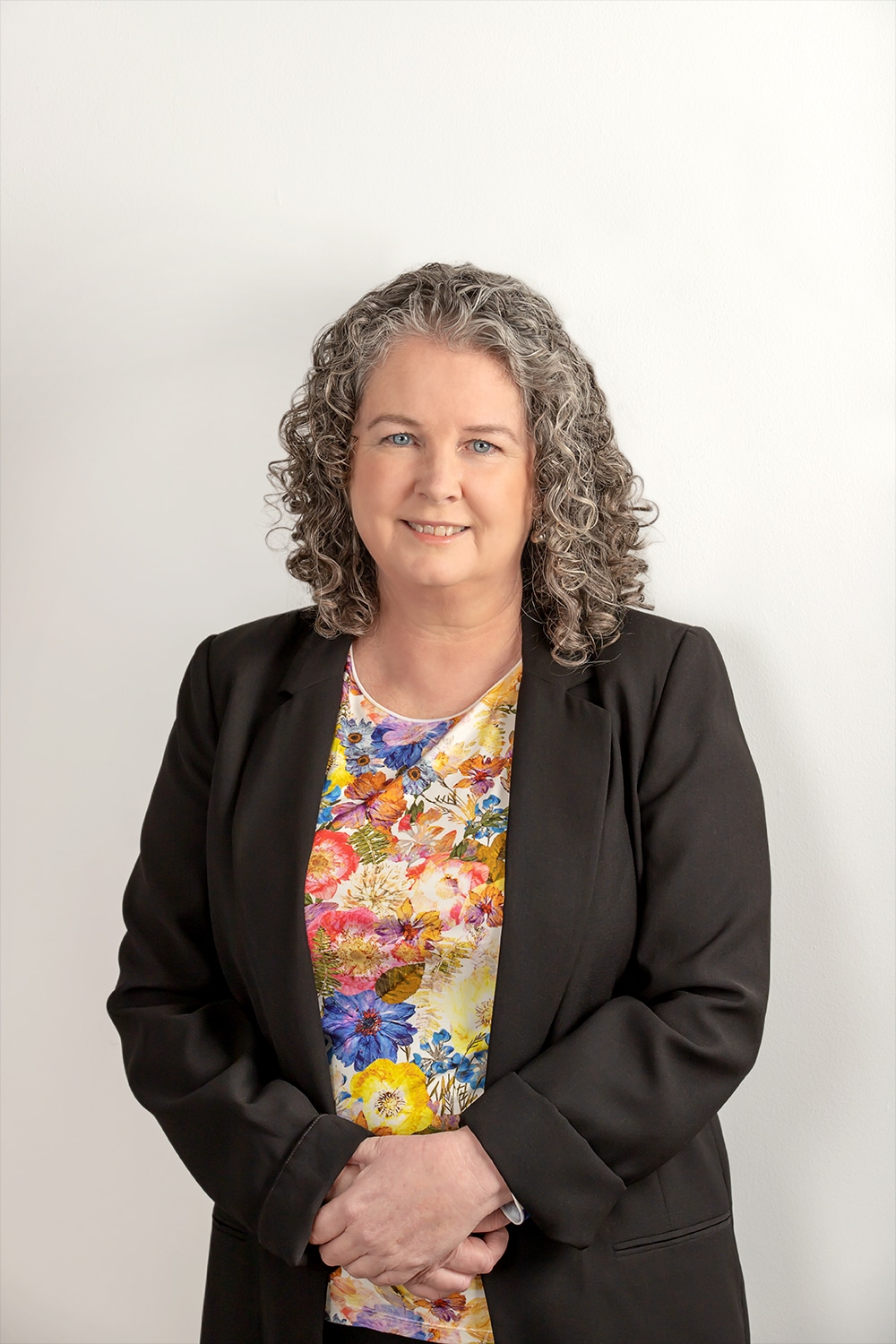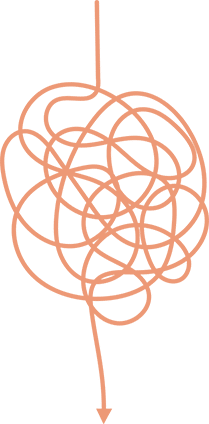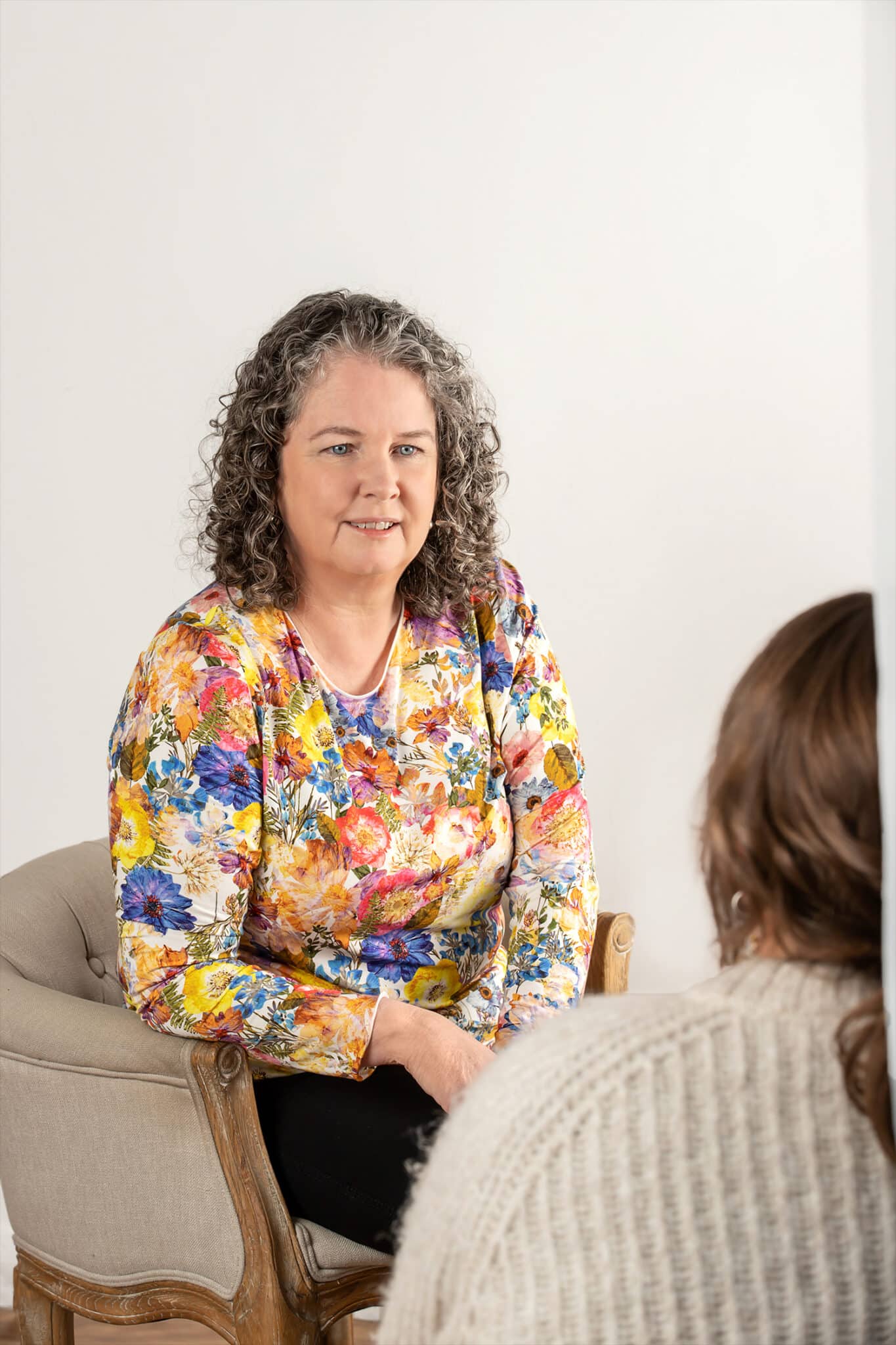
I am a Clinical Psychologist, passionate about helping you reach your wellbeing goals. I work with you and choose the most appropriate, evidence-based treatments and strategies to help you regain and maintain your mental health.
I use a range of therapies, including Cognitive Behaviour Therapy (CBT), Acceptance and Commitment Therapy (ACT), Schema Therapy, Cognitive Processing Therapy (CPT), and Mindfulness. I also provide a Post-Cult Counselling program for those who have left high-demand groups or religions.
I believe an important component of psychology is a good therapeutic relationship, where you are accepted as you are and supported as you move forward. I provide a safe place for you to express and explore your feelings, thoughts and behaviours and work toward your personal goals.
I am registered with the Australian Health Practitioner Regulation Agency (AHPRA) as a Clinical Psychologist, and I am a member of the Australian Psychological Society (APS). I studied at Flinders University, South Australia, completing Bachelor of Psychology (Honours) and Doctor of Philosophy (Clinical Psychology). I completed the Certificate of Post-Cult Counselling with Dr Gillie Jenkinson who is well known in the field of cult recovery and a published author of Walking Free from the Trauma of Coercive, Cultic and Spiritual Abuse: A Workbook for Recovery and Growth.

Post-Cult Counselling is a specific psychological approach for helping people who have been involved in a high-control, high-demand group or organisation. These groups may be religious, New Age, self-development, or psychotherapy groups. The groups may be secretive or have the appearance of mainstream religions. Most people are unaware that they have been in a cult and many former members struggle to understand their experience. Post-Cult Counselling helps people assess their group, understand their experience, and evaluate the consequences for themselves and their lives. The counselling helps former members identity the strategies used by cults to recruit members, control their thinking and behaviour, and keep them from leaving. Post-Cult Counselling helps former members to process trauma, recover their authentic self, set healthy boundaries, and establish a meaningful life.


Clinical psychology involves the assessment, diagnosis, and treatment of a range of mental health conditions, including depression, anxiety, adjustment disorder, post-traumatic stress disorder, obsessive-compulsive disorder, and other mental health conditions. Clinical psychology considers how these conditions may impact your thoughts, emotions and/or behaviours. We may explore the causes of psychological distress by examining your background and history, family or social influences, and any traumatic events. We may also consider patterns of coping and behaviour which may also be contributing factors. Clinical psychology utilises a range of evidence-based therapies to meet your goals and relieve your psychological distress. A treatment or management plan will be developed, and ongoing support is provided as you work toward your good mental health and well-being.

I am here to help you attain and maintain good mental health and wellbeing.
This work looks different for every person, and may involve exploring your past, understanding the effects of your experiences, and finding a way to move toward your personal goals.
I offer psychological support & counselling for a variety of issues including;
Our work together can be seen as disentangling wool. As we explore and understand your experiences, we uncover the knots and begin to untangle them.
Our psychological support and post-cult counselling can help you to:
Cost
Clinical psychology sessions (including Post-Cult Counselling) are 50 minutes long and cost $235. You may be able to claim a Medicare or Private Health Insurance rebate, see below. Other pricing options may be available, please contact me to discuss.
Medicare Rebate
With a Mental Health Care Plan, you can claim a Medicare rebate ($141.85) for psychology sessions. You will be required to make an appointment with your treating general practitioner (GP) and ask for a Mental Health Care Plan to see a psychologist. Your doctor will let you know if you are eligible for a Mental Health Care Plan. A Psychiatrist or Paediatrician can also refer you for psychology. You will need to pay the ‘gap’ payment between the psychologist’s fee and the Medicare rebate.
Private Health Insurance
You may be able to claim psychology sessions on your Private Health Insurance. Check with your insurance provider for their rebates and any conditions. You will need to pay the ‘gap’ payment between the psychologist’s fee and your insurance rebate.
Privately Funded
You are also able to pay the full amount for sessions yourself, meaning you do not need a referral or private health insurance.
NDIS
NDIS participants who are Self-Managed or Plan-Managed can also access sessions. I am unable to provide psychological services to participants with funds managed by NDIA
The word “cult” can be quite a controversial term. Sometimes it is difficult to recognise when a group is a cult, especially if it has the appearance of a legitimate organisation or religion.
Although it is common for many high-demand or controlling groups to actively claim that they are not a cult, many of these groups can be classified as cult-like.
The following questions may help you answer the question of whether or not your group was a cult or had cult-like characteristics.
If you answered yes to several of these questions, it is probable that your group is a cult or has cult-like characteristics.
These questions were based on lists compiled by two cult experts, Dr Gillie Jenkinson and Michael Langone (links below).
https://www.spiritualabuseresources.com/articles/is-your-religious-organization-free-from-cultic-tendencies
https://www.icsahome.com/articles/characteristics


I would love to hear from you, please feel free to contact me and I’ll endeavour to get back to you within 12-24 hours.
(Business hours only)
Currently consulting via Telehealth
My books are open for new clients
Appointments usually available within 2-3 weeks
I am happy to answer any questions you may have
Please check your spam folder if you don’t see a reply

Please check your spam folder if you don’t see a reply